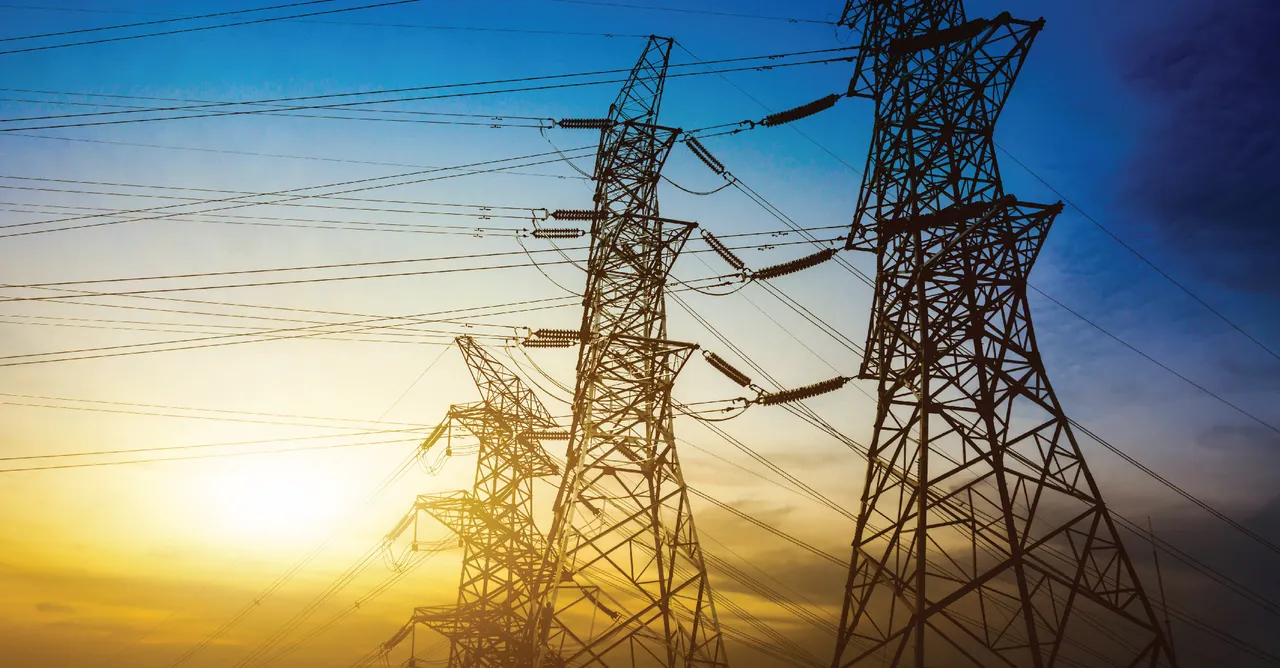Authors
Expertise

Over the years, it has been established that Collection losses account for a greater portion of the Aggregate Technical, Commercial, and Collection (ATC&C) losses in the distribution segment of the Nigeria Power sector. A perusal of the NERC Quarterly Report for the last three quarters – Q3 2024, Q4 2024 and Q1 2025 indicate that collection losses alone accounted for 25.45%, 22.56% and 25.61% out of 39.10%, 35.22% and 39.61% recorded as the weighted average ATC&C loss across all the DisCos for..
Over the years, it has been established that Collection losses account for a greater portion of the Aggregate Technical, Commercial, and Collection (ATC&C) losses in the distribution segment of the Nigeria Power sector. A perusal of the NERC Quarterly Report for the last three quarters – Q3 2024, Q4 2024 and Q1 2025 indicate that collection losses alone accounted for 25.45%, 22.56% and 25.61% out of 39.10%, 35.22% and 39.61% recorded as the weighted average ATC&C loss across all the DisCos for those periods.
As part of the efforts towards addressing the problem, the Nigerian Electricity Regulatory Commission (“NERC” or the “Commission”) had in 2019 issued an Order mandating the DisCos to migrate industrial and commercial customers to cashless billing platforms by January 31, 2020, and thereafter residential R3 consumers by March 31, 2020. The Order also mandated that licensed agents engaged by DisCos register with the CBN and NERC and operate a dedicated account for billing and the collection of DisCos’ revenues. This policy shift was geared towards curbing inefficiencies by adopting digital payment platforms (banking channels) and setting the stage for the involvement of licensed agents as third-party collection service providers.
Building on that momentum, the regulatory framework took a more formal shape in May 2025 with the issuance of the Guidelines on Registration and Engagement of Third-Party Collection Service Providers (“the Guidelines”) by the NERC. The Guidelines outline the prerequisites for the registration and engagement of Collection Service Providers (CSPs), including integration with the Nigerian Inter-Bank Settlement System (NIBSS), in addition to registration with NERC and licensing by the CBN. Each DisCo is, in addition to entering a contractual agreement with the CSP, mandated to present such collection service agreement and accompanying documents to the Commission for its consideration and approval. The Guidelines, however, do not apply to States which have obtained NERC’s approval to establish their respective Electricity Markets.
The categories of Collection channels specified by the Guidelines include USSD, Banking Services, Mobile Payment Services, Agency banking platforms (such as PoS machines, vending kiosks, etc.) and Rural agency operations. The Guidelines also introduce maximum rates and commission caps for CSPs. For example, CSPs are entitled to a ₦20 commission for USSD transactions below ₦5,000 and a 3.25% cap for rural agents, provided the commission does not exceed ₦2,000 per transaction. These provisions not only ensure affordability for consumers but also create a predictable cost model for DisCos that engage collection agents in both urban and rural communities.
With these Guidelines in force, the objective of reducing revenue leakages, standardising revenue collection initiatives, and enhancing transparency across Nigeria’s power sector should be achieved. Aligning payment collection with modern banking infrastructure and regulatory oversight helps DisCos to focus more on core service delivery and secure the return on investment necessary to curb the infrastructure deficit. The overall impact of these Guidelines will be measured by the ratio of collection losses to technical and commercial losses in months to come.
Important Notice: The information contained in this Article is intended for general information purposes only and does not create a lawyer-client relationship. It is not intended as legal advice from Jackson, Etti, & Edu (JEE) or the individual author(s), nor intended as a substitute for legal advice on any specific subject matter. Detailed legal counsel should be sought prior to undertaking any legal matter. The information contained in this Article is current to the last update and may change. Last Update: October 1, 2024.








